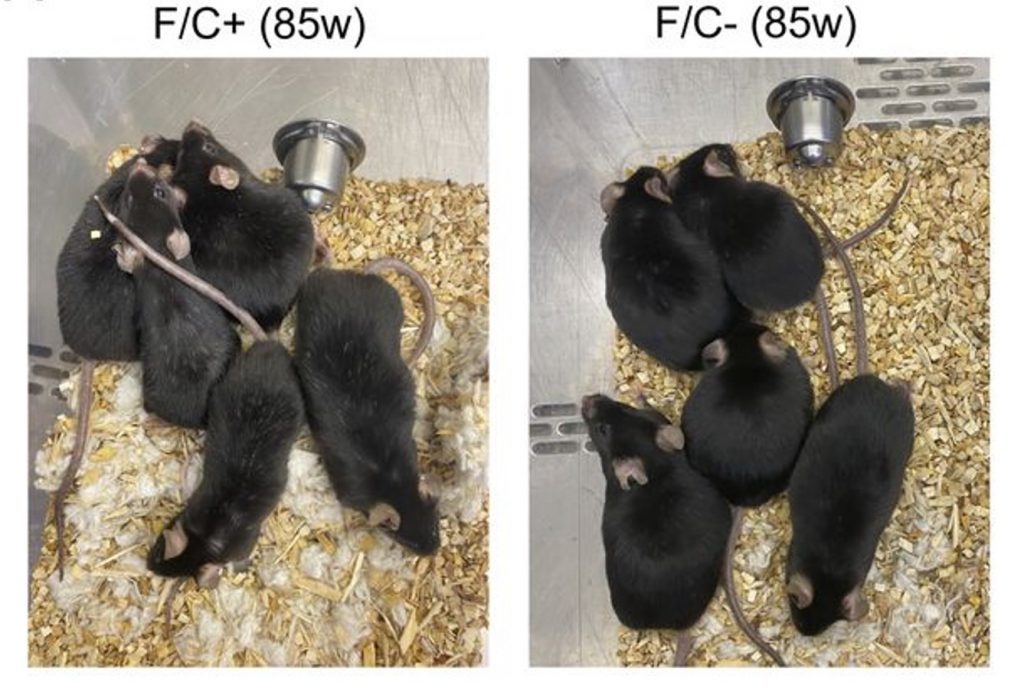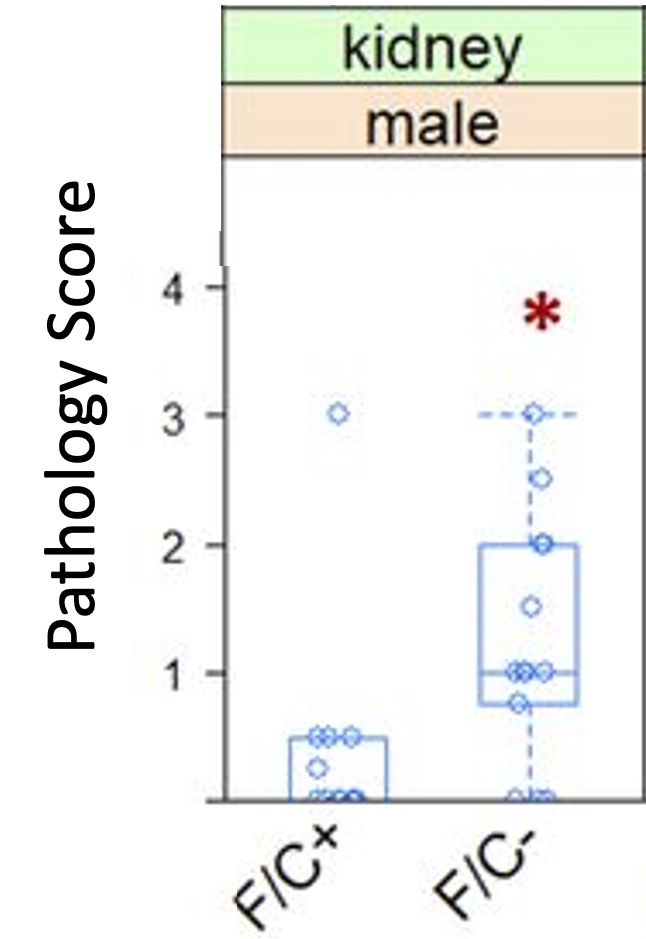Key Points:
- Middle-aged mice fed a 0-folate diet exhibited slowed aging, including less hair graying and improved metabolism.
- The 0-folate diet led to side effects such as kidney damage, weight gain, and inflammation.
- The best way to avoid folate is to avoid foods fortified with folic acid, the synthetic form of folate.
Leafy greens like spinach, cabbage, and broccoli contain a vitamin called folate, which is vital for cell division and fetal growth. However, for many years, antifolate drugs have been used to treat cancer, arthritis, and psoriasis. That is, while folate has critical benefits during earlier stages of life, its role in later stages is unclear.
To determine whether reducing folate intake in mid-life could enhance health, researchers from Texas A&M University fed mice a diet containing 0 folate. The mice began the diet at 52 weeks of age, which is roughly equivalent to 44 years of age in humans. As a result of reduced folate intake, the researchers found that the mice exhibited slowed aging.
How Was Age Slowed?
In the geroscience field, aging is essentially measured by the health of an organism. If conditions associated with older age, such as age-related diseases (e.g., heart disease, neurodegenerative disease, and cancer), occur later in life, then aging is considered to have been delayed or slowed, according to many geroscientists. Other age-associated measures that are not necessarily linked to health, such as hair graying, can also indicate whether an organism has aged faster or slower. Indeed, the Texas A&M researchers found that hair graying was reduced in mice fed a 0-folate diet, suggesting slowed aging.

Interestingly, rapamycin — the most potent animal anti-aging compound to date — has also been shown to reverse hair graying. Still, while hair graying is usually associated with aging, it does not necessarily indicate good or bad health. Since folate is involved in many biological processes related to metabolism, the researchers also measured the metabolism of the mice fed a 0-folate diet. They found that male mice had a higher propensity to burn carbohydrates while awake, whereas the females had improved metabolic flexibility — quickly switching from fat to carbohydrate metabolism and vice versa. These findings suggest that reducing folate intake could improve metabolism in older age.
“When you sleep, your metabolism burns fat,” says professor Michael Polymenis, PhD, who led the study. “And when you’re awake and active, you’re typically burning carbohydrates for quicker energy. As you get older, it takes longer to switch between these fat-burning and carbohydrate-burning states, but this metabolic plasticity seems to be better maintained in animal models on a folate-limited diet.”
Furthermore, by analyzing circulating metabolites, the researchers found a reduction in biosynthesis and anabolic pathways, suggesting that reducing folate blocks growth. Moreover, gene analysis showed a reduction in protein synthesis pathways. These results fall in line with previous studies showing a trade-off between growth and longevity, where limiting growth leads to a longer lifespan.
When it comes to adverse effects, the 0-folate diet did not induce anemia or negatively affect survival, frailty, movement, memory, or cardiac function. However, the 0-folate diet increased IL-17 levels, a marker for inflammation, in females. Additionally, in males, it triggered weight gain by increased fat mass and kidney damage. Kidney damage was assessed by a trained pathologist (veterinarian) who scored the pathological features of the kidney on a 0-4 scale.

Systemic inflammation is thought to be an underlying cause of aging, calling for further research on the anti-aging effects of reduced folate intake, particularly in female mice. Further research is also necessary to determine whether reducing folate intake can adversely affect kidney health as kidney damage can lead to kidney disease. Additionally, excess fat mass is associated with obesity, a prerequisite to many age-related diseases including heart disease, diabetes, and neurodegeneration.
It should be kept in mind that consuming a diet containing 0 folate is an extreme condition that can hardly be achieved by humans. Thus, it is possible that reducing folate intake, particularly synthetic (unnatural) forms may not lead to inflammation, kidney damage, or weight gain.
Is Skipping the Leafy Greens a Good Idea?
Leafy greens are low in calories and contain many nutrients, including fiber, so they should not necessarily be avoided. This is especially true if not consuming these valuable nutrients from other foods. Dr. Polymenis says,
“Optimal folate intake may vary depending on an individual’s age. While higher folate is crucial during early life for growth and development, a lower intake later in life may benefit metabolic health and longevity… Based on our findings, we believe older adults may need less folate than they’re likely getting now. We still have more to investigate in this area, and we would not advocate for absolute dietary eradication for anyone.”
Most foods high in folate are highly nutritious, such as eggs, which should not be readily avoided if consuming a non-vegan diet. With this in mind, the best way to avoid folate could be to limit the intake of foods fortified with folic acid, a synthetic form of folate. Foods fortified with folic acid include bread, pasta, and cereal. Especially when sourced from genetically modified monocrops, these processed products (often made from wheat) are not as dense in nutrients as leafy greens and eggs, which is why they are fortified with synthetic vitamin B9.